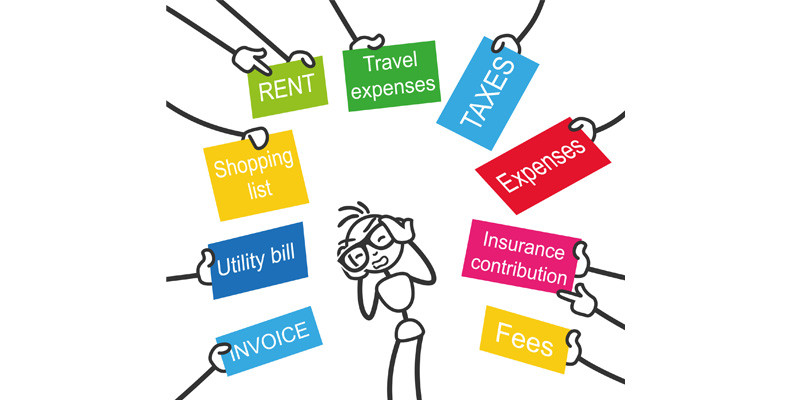SUPERANNUATION CONTRIBUTIONS 2013/2014
As the end of the financial year approaches, our thoughts turn to taxation and ways to minimise the impost. Superannuation contributions are a simple but effective way to reduce taxation and at the same time accumulate for retirement.
CONCESSIONAL / DEDUCTIBLE CONTRIBUTIONS BY EMPLOYERS FOR EMPLOYEES
Maximum contributions for each employee up to 75 years of age, including “salary sacrifice” (needs to be proactive) and superannuation guarantee payments without incurring excess concessional contributions tax: $25,000 *
Condition:
Over 65 years must satisfy the work test, over 70 years the work test applies and only contributions received before the 28th day after the end of the month in which member turns 75 are deductible. The age limit of 70 years for superannuation guarantee payments was removed from 1 July 2013, hence employers are required to contribute for mature eligible employees 70 years and over.
CONCESSIONAL/DEDUCTIBLE PERSONAL CONTRIBUTIONS BY INDIVIDUAL TAXPAYERS INCLUDING INVESTORS
Maximum contribution by each individual up to 75 years of age without incurring excess concessional contributions tax: $25,000 *
Conditions:
- Less than 10% of assessable income including reportable employer superannuation contributions and reportable fringe benefit amounts are attributable to employment.
- The individual must notify the fund of an intention to claim a deduction (form NAT 71121) and the fund must acknowledge the notice.
- Contributions cannot create or increase a loss (deduction cannot exceed taxable income).
- Over 65 years must satisfy work test.
- Only contributions received before the 28th day after the end of the month in which member turns 75 are deductible.
*TRANSITIONAL CONCESSIONAL/DEDUCTIBLE EMPLOYER & PERSONAL CONTRIBUTIONS
The concessional limit for 2013/2014 is $35,000, available for persons 59 years or over on 30/06/2013, and available in 2014/2015 for persons 49 years or over on 30/06/2014.
HIGH INCOME EARNER CONTRIBUTIONS
From 1 July 2012, the contributions tax increased from 15% to 30% for those with adjusted taxable incomes (broad definition) exceeding $300,000!
NON-CONCESSIONAL/NON-DEDUCTIBLE CONTRIBUTIONS BY INDIVIDUAL TAXPAYERS
Maximum contribution by each individual up to 75 years of age without incurring excess non-concessional contributions tax: $150,000
From 1 July 2014, the non-concessional limit will increase to $180,000.
Note: An individual taxpayer who is under 65 years of age in an income year can bring forward two years’ entitlements and make one contribution of $450,000 without exceeding the cap ─ i.e. no further contributions over the three years.
Note: The annual maximum amount will be indexed and remain at six times the concessional amount.
EXCESS CONCESSIONAL/DEDUCTIBLE AND NON-CONCESSIONAL/NON-DEDUCTIBLE CONTRIBUTIONS
An excess contributions tax of 31.5% and 46.5% was previously payable in respect of concessional and non-concessional contributions which exceeded the maximum amount allowed. However, from 1 July 2013 excess concessional contributions were taxed at the member’s marginal tax rate and an interest charge applied. The excess may be withdrawn from the fund.
The recent budget announced that the punitive taxes which previously did apply to excess non-concessional contributions will no longer apply, effective 1 July 2013 assuming legislation is passed.
GOVERNMENT CO-CONTRIBUTIONS
The co-contribution made by the Government of up to $500 is available to employees and the self- employed less than 71 years of age at the end of the income year who make non-concessional/undeducted personal superannuation contributions of up to $1,000 and whose total income (assessable, reportable employer superannuation contributions and reportable fringe benefit amounts) is less than $48,516; the lower threshold of $33,516 allows for the full co-contribution 50c/$1.
Conditions:
- 10% or more of the person’s total income is attributable to employment or carrying on of a business.
- Salary sacrifice superannuation contributions were included in assessable income from 1 July 2009.
GOVERNMENT CONTRIBUTIONS FOR LOW INCOME EARNERS
From 1 July 2012, concessional contributions made by or on behalf of individuals with adjusted taxable incomes of up to $37,000 was matched by the Government up to an annual maximum amount payable of $500. The Government abolished the Low Income Super Contribution retrospectively from 1 July 2013.
CONTRIBUTIONS FOR SPOUSE – TAX OFFSET
A taxpayer making a personal non-concessional/non-deductible contribution for his/her non-working or low income spouse is eligible for a tax offset of up to $540 where a contribution of up to $3,000 is made for a spouse whose assessable income, reportable fringe benefit and reportable superannuation contribution amounts do not exceed $10,800. The offset is phased out at $13,800.
Condition:
No work test is applied if the spouse is under age 65, but between 65 and 70 years the spouse must satisfy the work test. No offset over 70 years of age.
FUND ACCEPTANCE OF CONTRIBUTIONS – AGE AND WORK TEST
A regulated superannuation fund may accept contributions as follows:
- If the member is under age 65
- If the member is 65 or more but under 70 years
- mandated employer contributions
- employer or member contributions provided the work test is satisfied.
- If the member is 70 or more but under 75 years
- mandated employer contributions
- employer or member contributions up to the 28th of the month in which the member turns 75 and the member satisfies the work test.
- If the member is 75 years or more
- mandated employer contributions.
A person satisfies the work test if gainfully employed at least 40 hours in a period of not more than 30 consecutive days in that financial year.
SUPERANNUATION GUARANTEE CONTRIBUTION RATE
From 1 July 2013, the contribution rate increased from 9% to 9.25% and from 1 July 2014 increases to 9.5%. Planned further annual increases up to 12.0% are to be deferred for the time being.
REPORTABLE EMPLOYER SUPER CONTRIBUTIONS (RESC)
From 1 July 2009, payments of salary sacrifice superannuation and other additional* superannuation over and above the compulsory superannuation guarantee charge of 9.25%, paid by employers for employees, were to be recorded on employees’ year end PAYG summaries.
*where employee influences, or has the capacity to influence, the rate or amount of employer contributions.








